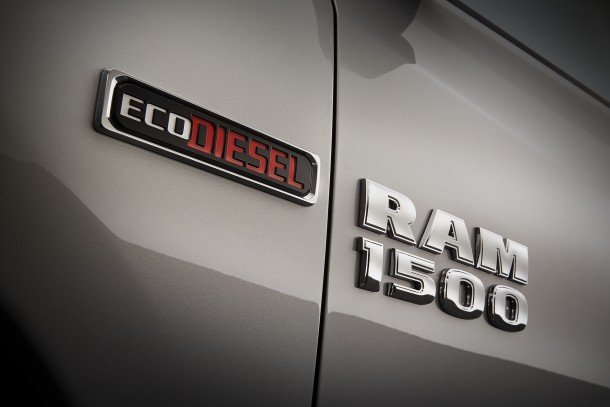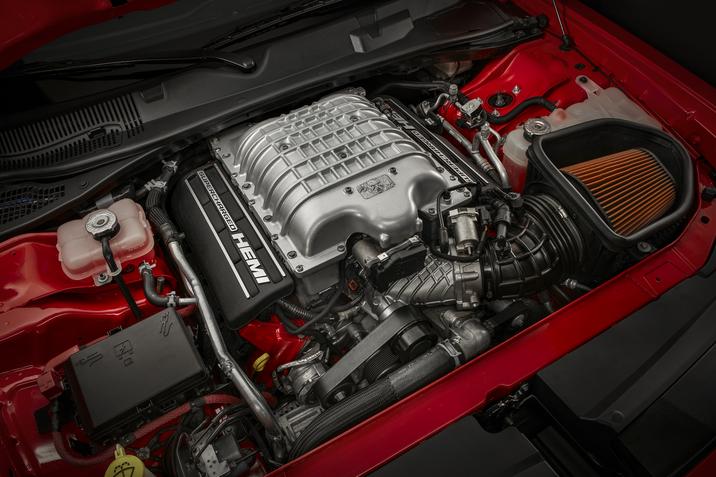#EmissionFines
Stellantis Paying $300 Million in Emission Fines, Seeking Plea Deal
Stellantis has reportedly agreed to plead guilty to criminal conspiracy charges relating to emissions requirements on over 100,000 diesel-powered Ram and Jeep products sold in the United States. Fiat Chrysler Automobiles (FCA) was previously on the hook for $800 million in civil penalties over a so-called “defeat device” equipped to the automaker’s 3.0-liter turbo-diesel engine. Allegations began in 2017 as regulators were hunting for compliance violations in the wake of Volkswagen’s massive emissions scandal from a couple of years earlier.
Honda Pooling With Tesla for EU Emissions Compliance
Honda Motor Co. will be accompanying Fiat Chrysler Automobiles in pooling its emissions with electric vehicle manufacturer Tesla in an attempt to adhere to CO2 limits mandated by the European Union. For 2020, the average emissions of all vehicles sold within the region must not exceed 95 grams of CO2 per kilometer. Companies failing to comply will be forced to pay the government sizable fines as it readies even higher targets for next year.
Over half of automakers planning to move product inside Europe next year are already assumed to fail however, resulting in a series of rushed hybrid/EV products, the obliteration of the diesel-powered passenger vehicles, and companies desperate to team up with the manufacturers that came in under the regulatory limits.
FCA Faces $79 Million Fine Over U.S. Fuel Economy Shortfall
Fiat Chrysler Automobiles is facing a $79 million civil penalty over its inability to adhere to fuel economy requirements in 2017. Considering the automaker was already hit with a $77 million fine for 2016 model year requirements, the announcement is not unexpected. FCA’s domestic lineup is also loaded with large vehicles featuring sizable motors, a status quo it hopes to offset by buying carbon credits from Tesla.
In fact, the company appears to be taking a wait-and-see approach in regard to pursuing greener automobiles. While it continues to maintain its $10 billion commitment through 2022, aimed at delivering more hybrid and electric vehicles, the automaker’s established strategy involves eating whatever penalties it incurs via federal economy requirements or attempting to pay them off in advance.


















Recent Comments